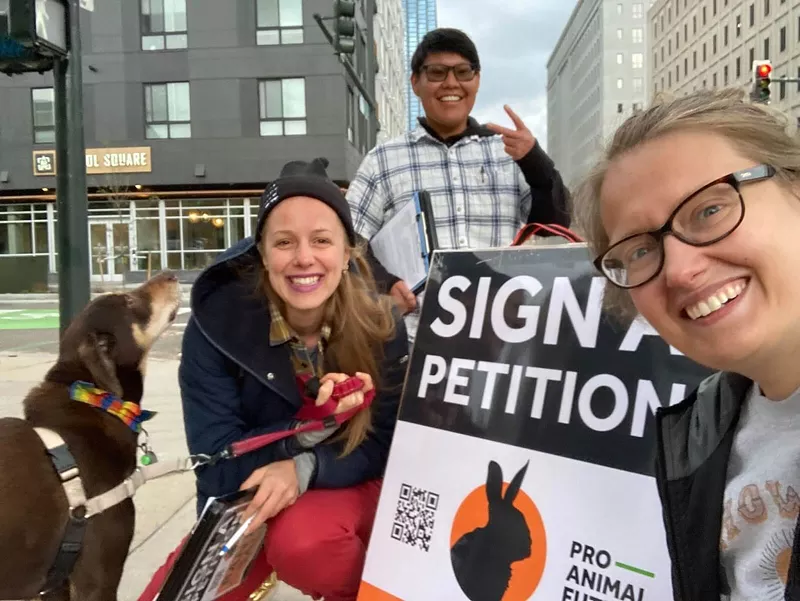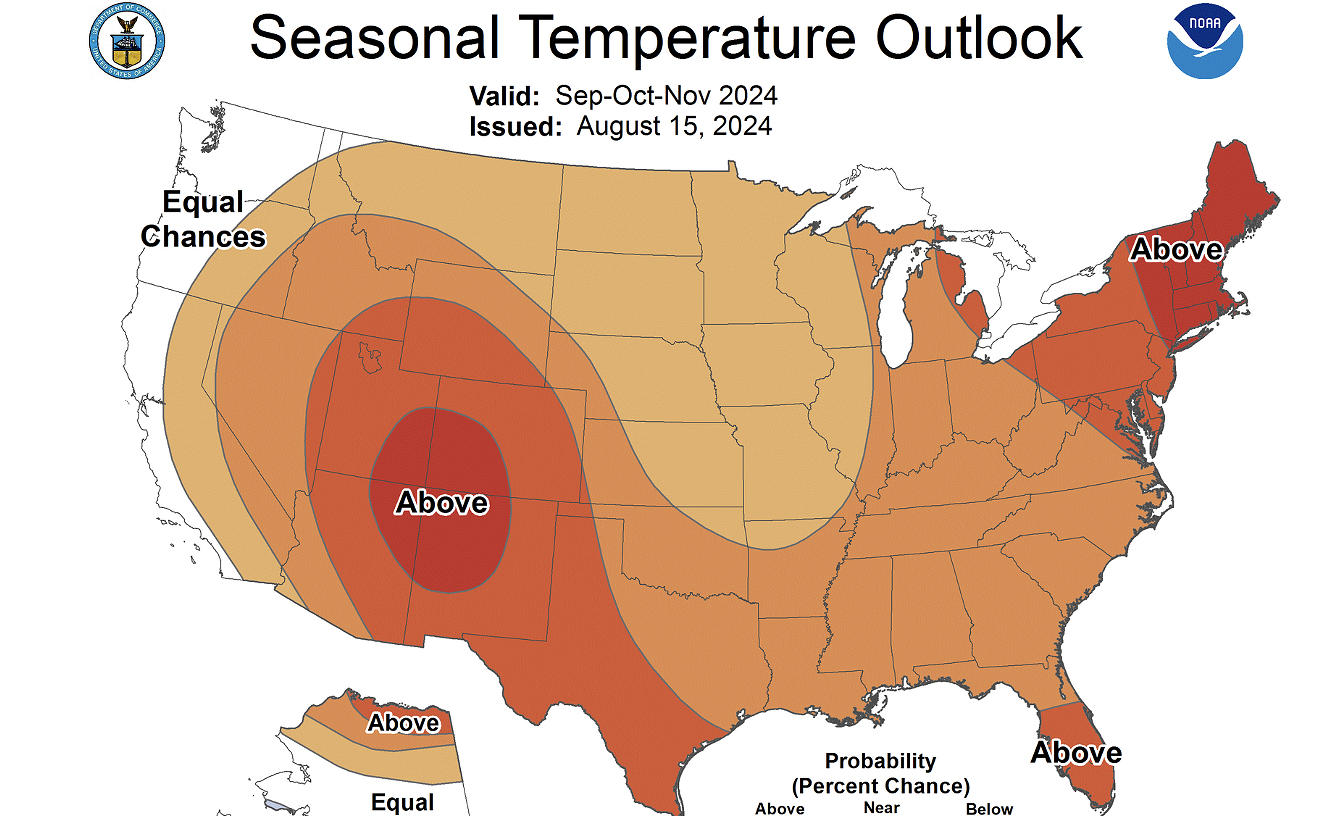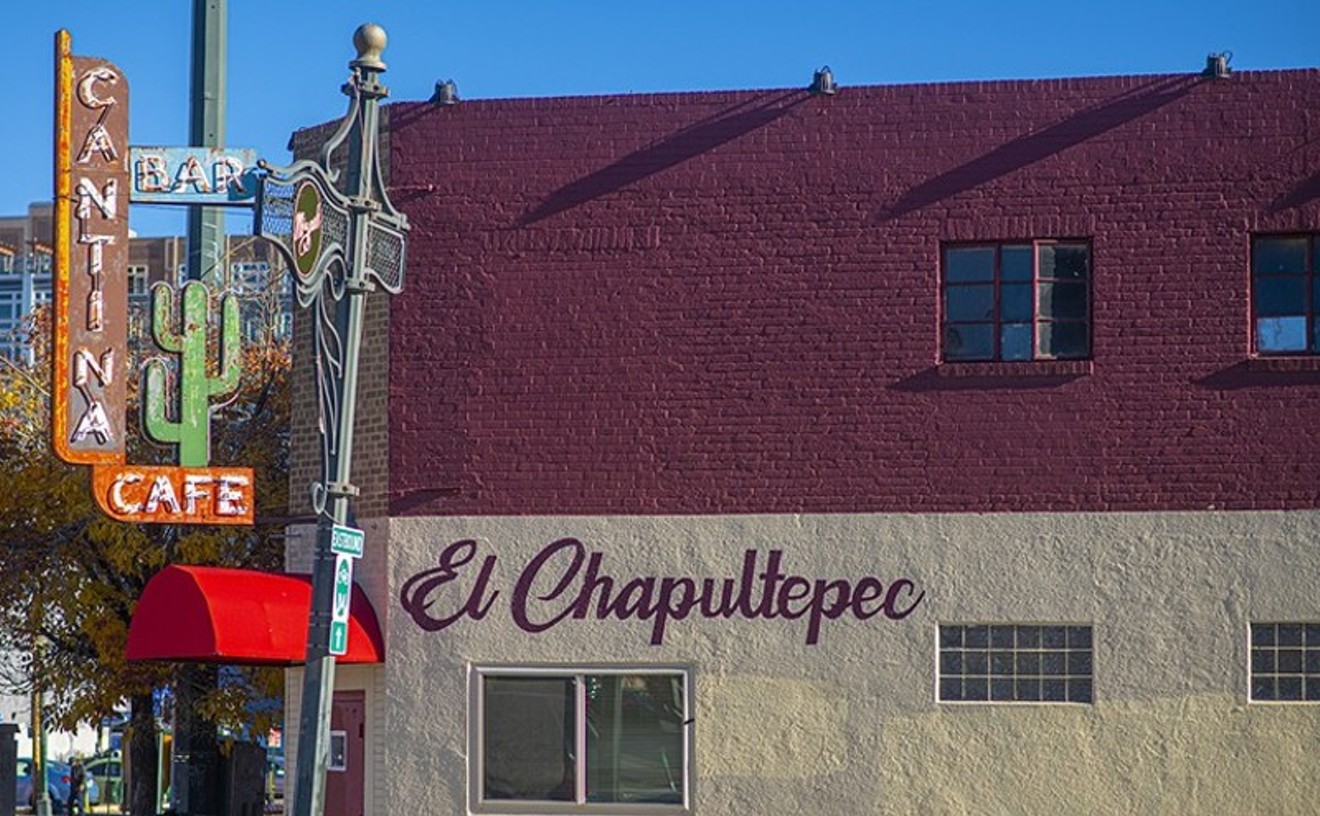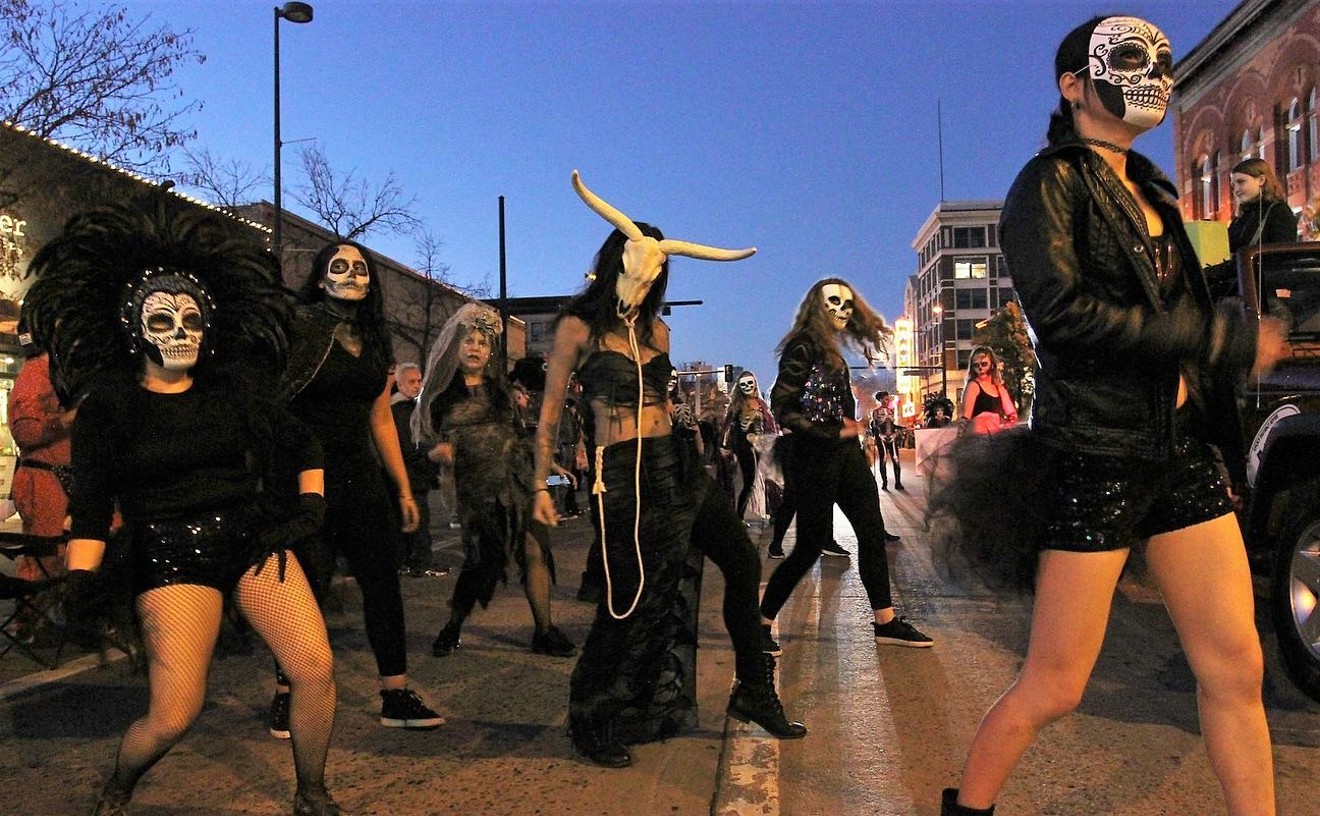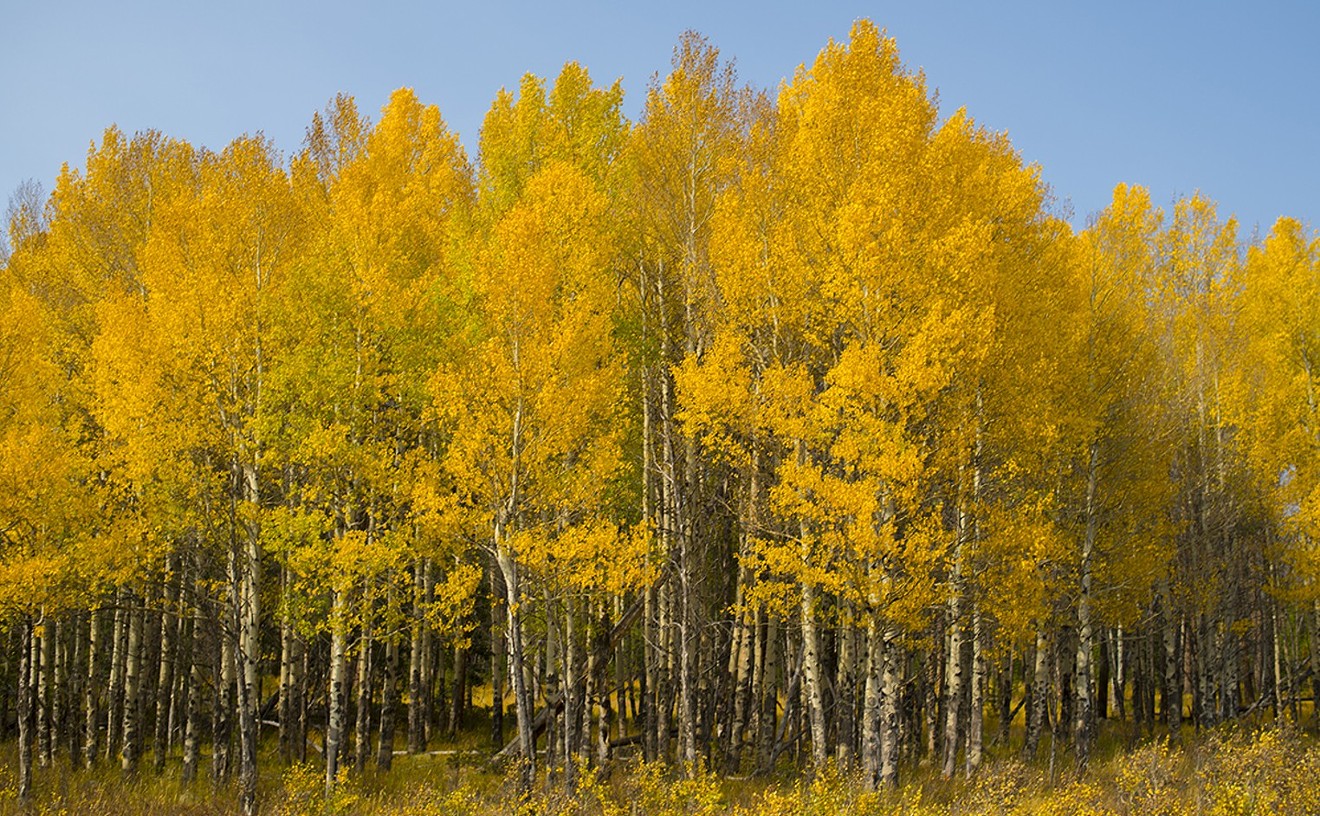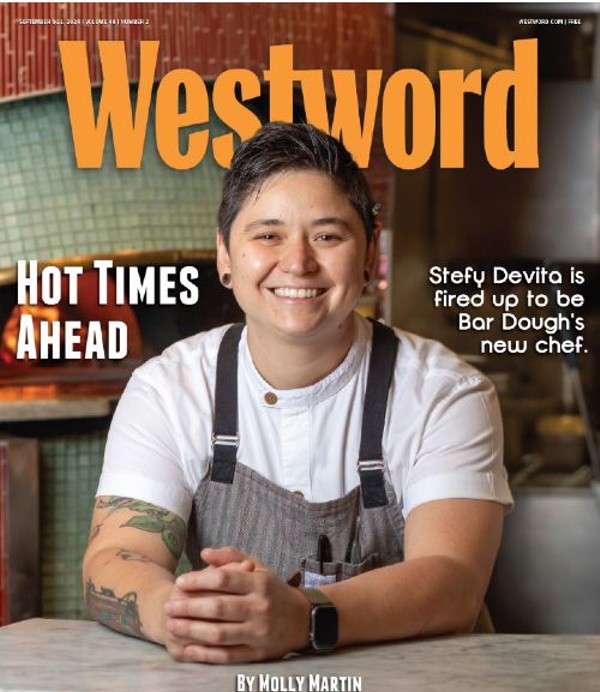What do the United Nations, multiple prominent research groups, and the vast majority of food and climate experts have in common? They all agree one of the best ways to help the planet is to shift away from animal slaughter and toward a plant-based food system.
But so far, U.S. politicians have ignored this advice, instead throwing billions of dollars in subsidies at factory farming while, here in Colorado, livestock emissions increased 30 percent from 2005 to 2020.
This November, Denver voters get a chance to shift the tide. A much-needed ballot measure, Citizen-Initiated Ordinance 309, would shut down a massive slaughterhouse on the city’s South Platte River, banning future slaughterhouses here as well. This would be a powerful first step toward reining in our out-of-control meat industry, and show local, state and federal politicians that the people demand a more sustainable, more compassionate food system.
The ecological havoc wrought by animal agriculture can be hard to fathom. While estimates vary, the industry may account worldwide for around one-fifth of climate-warming greenhouse gas emissions — more than every car on the road, and five-to-six times as much as the plastic industry. It’s a key driver of species extinctions, deforestation, toxic algae blooms and early death, killing more Americans through pollution than the coal industry. This is a local threat, too: Cattle feed is the single-biggest drain on the Colorado River, and a dangerous bird flu virus is spreading on our state’s chicken and dairy farms. And that’s without even mentioning the animal cruelty.
What about Superior Farms, the Denver slaughterhouse that would be shut down by Ordinance 309? Like many such facilities, it ignores environmental regulations, violating the Clean Water Act for years in Globeville, already one of the country’s most polluted neighborhoods. EPA inspectors have also alleged Clean Air Act violations, finding inadequate handling of “extremely hazardous” ammonia.
It’s also the largest U.S. lamb slaughterhouse, critical to an environmentally devastating industry. Pound for pound, lamb is about twenty times worse for the climate than bean production, and this one facility slaughters 300,000 lambs a year — a number with the cumulative carbon impact of driving around the Earth 27,000 times. That’s what we’re trying to shut down.
Superior Farms is trying to claim that their meat is actually good for the environment, because at least it’s local Denver lamb. This is laughable, and they know it.
First, by their own admission, much of this Denver lamb gets shipped out to the East Coast. And second, local meat is not actually much better for the environment. More than 98 percent of lamb’s emissions come from methane-filled sheep burps, manure management, feed production and other processes that have nothing to do with how far they travel. These animals burp and poop whether they are raised in Colorado or New Zealand — local meat is just as much of a climate disaster.
Such misinformation is par for the course for Big Meat. Industry groups like the National Cattlemen’s Beef Association and National Pork Producers Council push research that minimizes their impact, while lobbying against climate legislation and donating to anti-environment politicians such as J.D. Vance. And now they’re descending upon Denver, spending tens of thousands of dollars to oppose the slaughterhouse ban.
In fact, Big Meat has raised more than $700,000 to stop this ballot measure. That money comes not only from the local lamb industry and from national groups, but a suite of other industry associations from California to Kansas. They realize that while this may be beginning with a single Denver lamb slaughterhouse, it’s not going to end here: The overwhelming majority of Americans care about the environment and animal welfare, and the movement against factory farming is just getting started. As Superior Farms CEO Rick Stott put it, “If they can do this in the Cowtown of Denver, then they can probably do it in Omaha. They can do it in Philadelphia, Chicago, L.A., Portland, etc.”
This, then, is what the Denver ballot initiative is about. In the short term, it could take a modest but real bite out of local pollution and global emissions — a worthy cause by itself. But in tandem with other communities across the state and the country, we are building toward more transformative environmental change. In place of a slaughter industry that blights the Earth, exploits child and immigrant workers, and abuses playful, emotionally complex young animals for profit, we can have a food system that treats humans, other animals, and the planet with respect.
Superior Farms has one more argument: that closing their slaughterhouse is “unfair.” But what’s unfair is to run roughshod over EPA regulations, putting our air and water at risk. What’s unfair is to get government subsidies to cook the planet. What’s unfair is to drive wildfires, droughts, heat waves, diseases and extinctions, harming the whole planet for thousands of years to come, and then pretend you’re the victim.
If our politicians are hesitant to act, it’s up to we the people. Let’s show Big Meat what democracy looks like, and vote yes for a kinder, greener world.
Dayton Martindale is a Ph.D. student in environmental studies at the University of Colorado, Boulder, and a longtime environmental journalist published in Vox, Sierra, Earth Island Journal and elsewhere. He volunteers for Pro-Animal Future.
In the weeks leading up to the November 5 election, Westword.com will continue publishing commentaries on the various ballot measures...both pro and con. Have one you'd like to submit? Send it to [email protected], where you can also comment on this piece.

Audio By Carbonatix
[
{
"name": "Air - MediumRectangle - Inline Content - Mobile Display Size",
"component": "12017618",
"insertPoint": "2",
"requiredCountToDisplay": "2",
"watchElement": ".fdn-content-body",
"astAdList": [
{
"adType": "rectangle",
"displayTargets": "mobile"
}
]
},{
"name": "Editor Picks",
"component": "17242653",
"insertPoint": "4",
"requiredCountToDisplay": "1",
"watchElement": ".fdn-content-body",
"astAdList": [
{
"adType": "rectangle",
"displayTargets": "desktop|tablet"
},{
"adType": "rectangle",
"displayTargets": "desktop|tablet|mobile"
}
]
},{
"name": "Inline Links",
"component": "18838239",
"insertPoint": "8th",
"startingPoint": 8,
"requiredCountToDisplay": "7",
"maxInsertions": 25
},{
"name": "Air - MediumRectangle - Combo - Inline Content",
"component": "17261320",
"insertPoint": "8th",
"startingPoint": 8,
"requiredCountToDisplay": "7",
"maxInsertions": 25,
"watchElement": ".fdn-content-body",
"astAdList": [
{
"adType": "rectangle",
"displayTargets": "desktop|tablet"
},{
"adType": "rectangle",
"displayTargets": "desktop|tablet|mobile"
}
]
},{
"name": "Inline Links",
"component": "18838239",
"insertPoint": "8th",
"startingPoint": 12,
"requiredCountToDisplay": "11",
"maxInsertions": 25
},{
"name": "Air - Leaderboard Tower - Combo - Inline Content",
"component": "17261321",
"insertPoint": "8th",
"startingPoint": 12,
"requiredCountToDisplay": "11",
"maxInsertions": 25,
"watchElement": ".fdn-content-body",
"astAdList": [
{
"adType": "leaderboardInlineContent",
"displayTargets": "desktop|tablet"
},{
"adType": "tower",
"displayTargets": "mobile"
}
]
}
]

